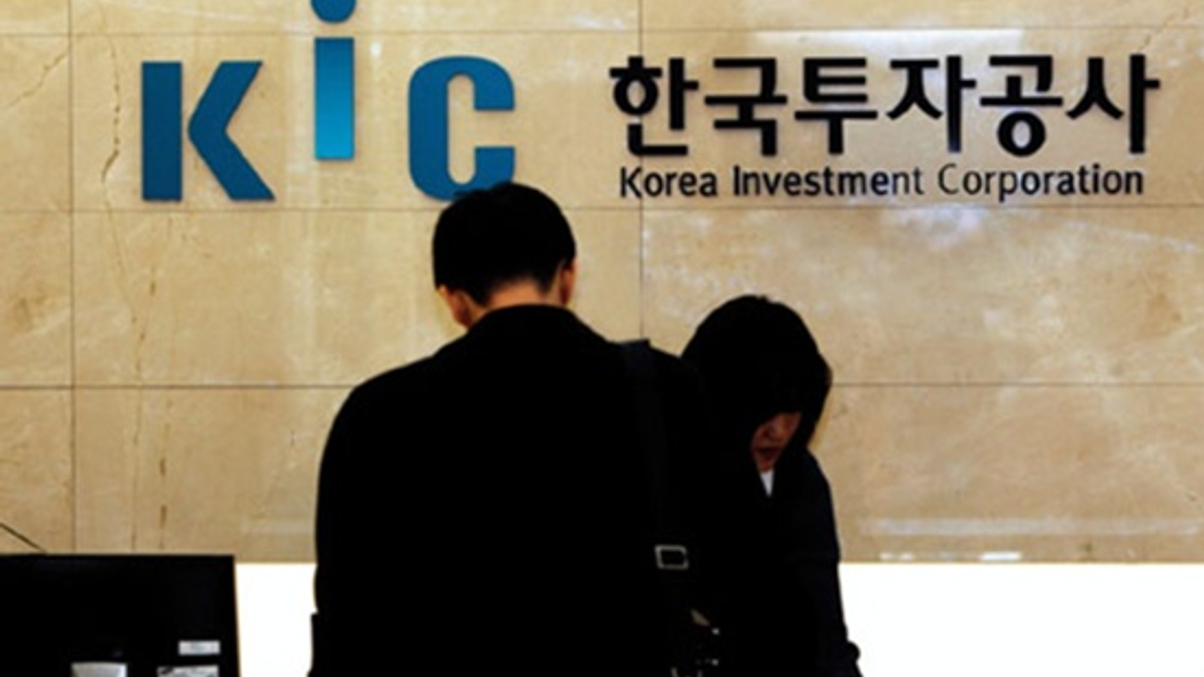KIC to cast eyes onto infrastructure, e-commerce, biotech
With assets under management reaching $195.7 billion at the end of May, the Korean sovereign wealth fund is continuing to raise its game with alternative assets.

Korea Investment Corporation (KIC) plans to continue expanding investment in alternatives, focusing on data centres and warehouse infrastructure and e-commerce platforms linked to online logistics channels and automated logistics systems.
Sign in to read on!
Registered users get 2 free articles in 30 days.
Subscribers have full unlimited access to AsianInvestor
Not signed up? New users get 2 free articles per month, plus a 7-day unlimited free trial.
¬ Haymarket Media Limited. All rights reserved.


